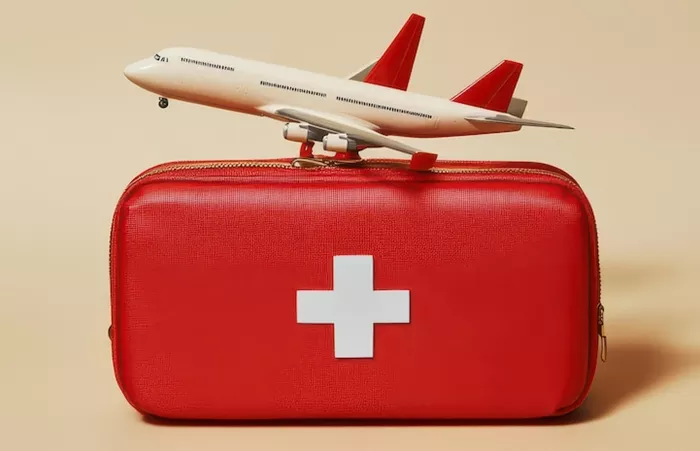A recent medical emergency on Air India flight AI504 revealed serious gaps in the airline’s onboard medical equipment. Dr. Amit Gupta, chair of the IDF School of Diabetes, helped a sick passenger mid-flight but found the plane lacked key diagnostic tools like a pulse oximeter, glucose monitor, and ECG machine.
Dr. Gupta stressed these tools are vital for quick diagnosis and treatment during emergencies. He posted on social media, urging the airline to add such life-saving equipment to its medical kits.
Air India responded, saying passenger safety is their top priority and they will review the doctor’s concerns.
Currently, the Directorate General of Civil Aviation (DGCA) requires all Indian commercial aircraft to carry basic medical supplies such as bandages, antiseptic wipes, and painkillers. The International Civil Aviation Organization (ICAO) also mandates medical kits on planes carrying over 100 passengers on flights longer than two hours. However, neither agency requires advanced diagnostic tools like pulse oximeters or portable ECGs.
Passengers may bring personal medical devices and medications on board, but must declare items like insulin, inhalers, or EpiPens at check-in and carry prescriptions for injectables. Approval is needed for devices like portable oxygen concentrators.
This incident has sparked calls for better medical preparedness on flights to improve passenger safety during in-air emergencies.
Related Topics:
Diet Pills Market To Reach 448 Billion USD By 2032
Roxy Jacenko Spent Days In Drug Unit After Ozempic Overdose
Pa Nj Poison Control Centers Report Rise in Weight Loss Drug Calls


